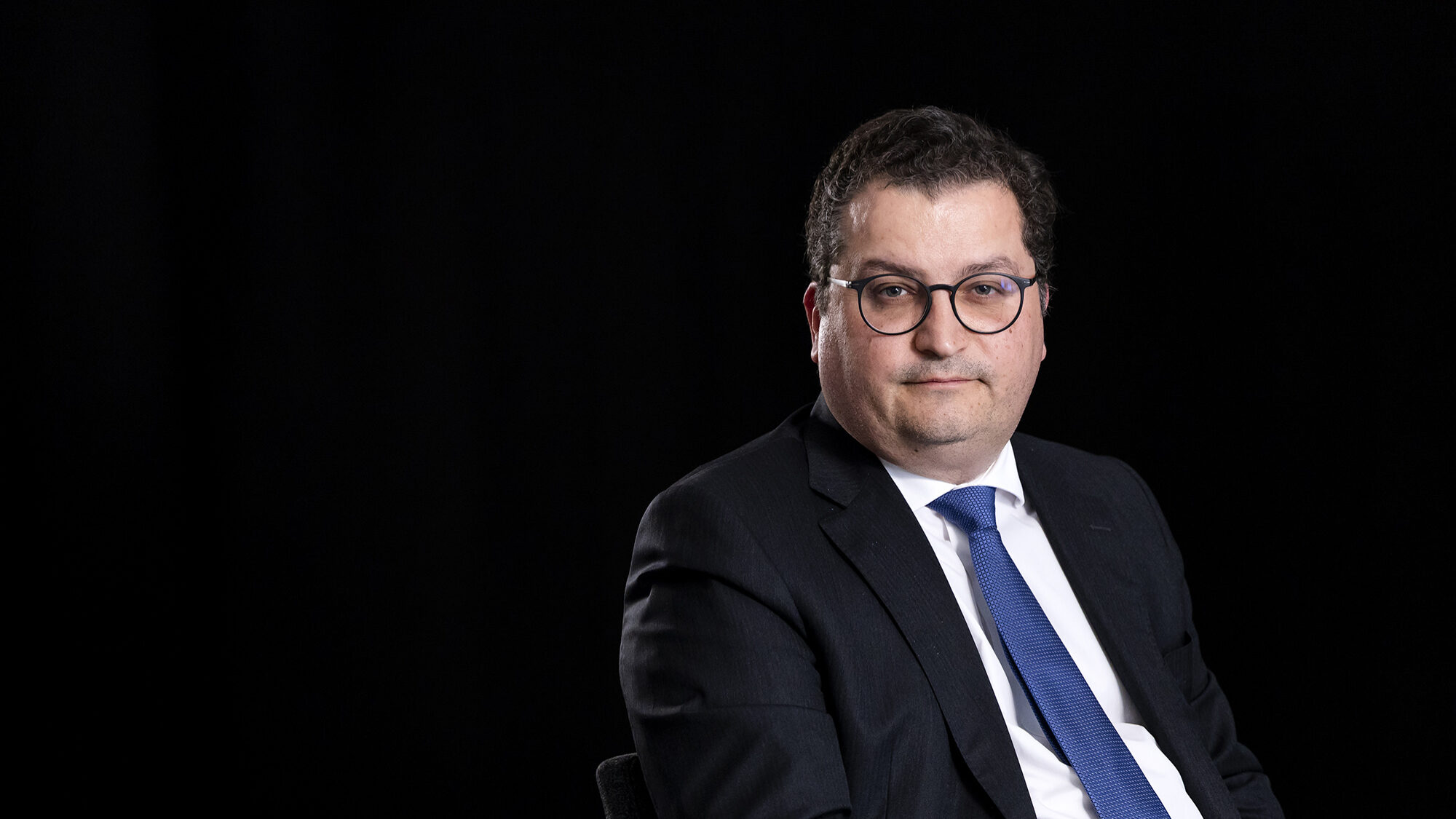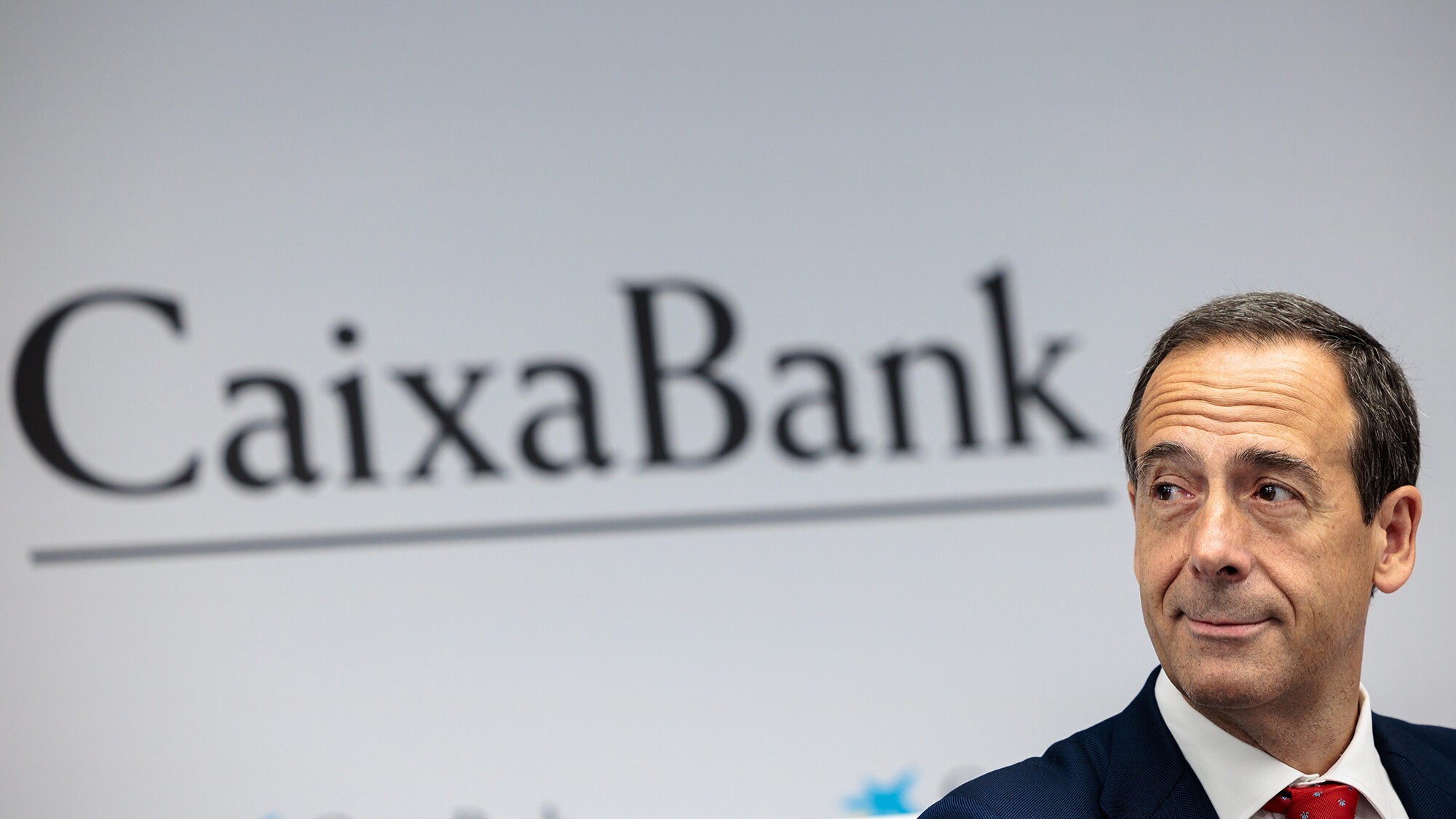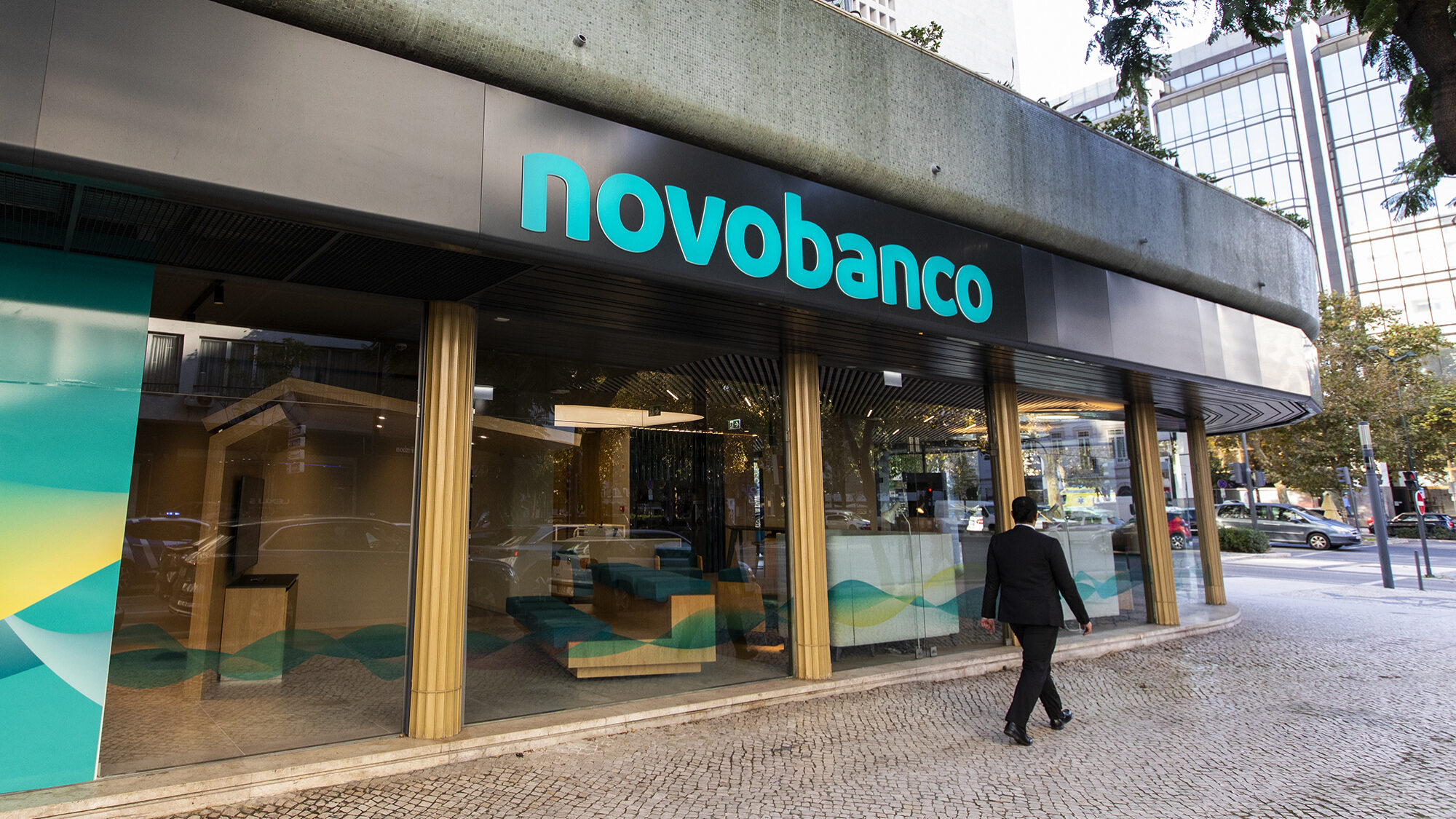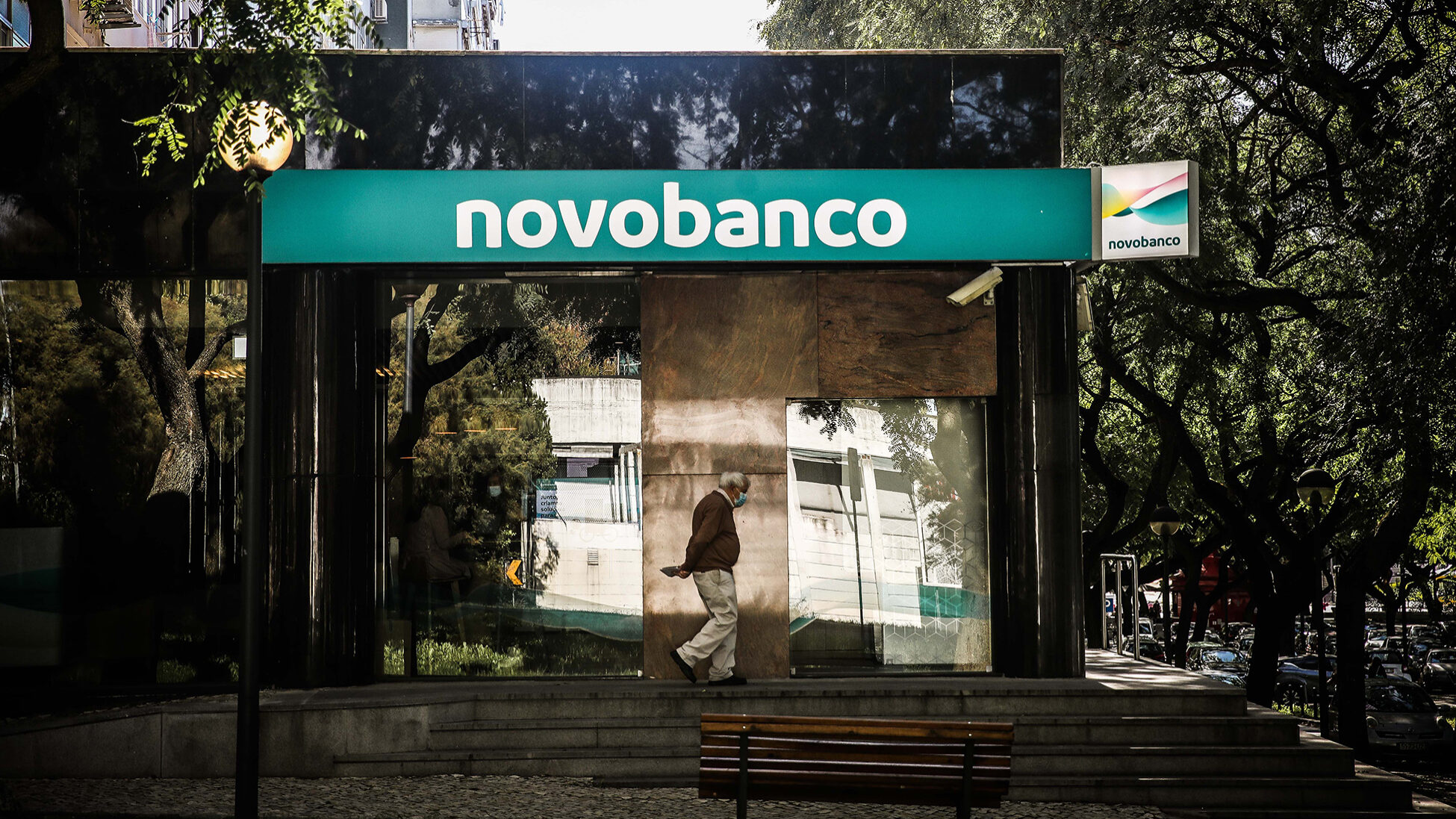Has the Government put ice on the sale of Novobanco to Caixabank?
The minister doesn't want Spain to accentuate its dominance in Portuguese banking. Sources admit that the statements may make Caixabank think twice about Novobanco, but they won't stop the Spanish.
Finance Minister Joaquim Miranda Sarmento condemned the sale of Novobanco to Caixabank after publicly admitting that he doesn’t welcome Spain increasing its presence in Portuguese banking.
“It’s in the country’s interest that there isn’t an excessive concentration in the banking sector of banks from a single country, as is the case with Spain. Spanish banking accounts for a little more than a third of the Portuguese market. I believe that, for reasons of concentration and dependence, this figure should not increase”, he said in an interview with RTP.
Miranda Sarmento was commenting on a possible purchase of Novobanco by Caixabank — which in Portugal already controls BPI and has already hired Morgan Stanley and Deloitte to evaluate the operation — at a time when the process is entering its decisive phase and Lone Star is trying two ways to sell the Portuguese financial institution: either a direct sale to another bank or an IPO (initial public offering).
The sources heard by ECO admit that Miranda Sarmento “took a tough stance” and that his statements may make the Spanish bank re-evaluate its options in relation to Novobanco, but they won’t stop the Catalan bank.
“It will make Gonzalo Gortázar [CEO of the Spanish bank] think twice, but I don’t see him stopping. The operation is being studied, there’s no denying that. The minister’s statements may put water on the boil, but I don’t think he’ll stop”, a source told ECO.
Another source says that the statements have a purpose. “Whoever says this, says it thinking. Nobody speaks at this time without knowing. It’s noise, but noise can have interpretations”, he says.
“Nationalism is on the rise”
On the other side of the border, Miranda Sarmento’s comments did not go unnoticed.
“Bank mergers in Europe are once again finding their archenemy: the governments themselves”, writes El Economista, recalling deals that are underway and under strong pressure from the respective governments: Unicredit and Commerzbank, Unicredit and BPM, BBVA and Sabadell and… Caixabank and Novobanco.
“In a mixture of national pride, economic fear and loss of financial sovereignty, many European governments are endeavouring to incisively oppose these operations”, says the Spanish newspaper before concluding: “Nationalism is on the rise.” But the Portuguese government is not alone in its assessment of the Novobanco deal.
The Bank of Portugal doesn’t want the sector dependent on the same shareholders either
This week, governor Mário Centeno said that whatever solution Lone Star finds for the sale of Novobanco, be it an IPO or consolidation with another bank, it must be the “result of the market’s actions”, but pointed out that it is a “highly regulated” market and that there are rules that everyone must respect.
“The supervisor is very concerned about the stability and sustainability of the sector so that mistakes don’t occur like those that have happened in the past with less appropriate sector dynamics”, said Centeno, assuring that the Bank of Portugal has the “appropriate instruments to act in these situations”.
At the beginning of the month, the deputy governor, Clara Raposo, argued that it is important for the Bank of Portugal that “there is competition” in the market and that “ideally we don’t have banks exactly the same as each other and dependent on the same sources of risk and shareholders”. The Bank of Portugal and the government seem to be on the same page.
Opportunity for Caixa?
Returning to Miranda Sarmento’s statements, one of the sources heard by ECO attributes greater importance to what he said about Caixa Geral de Depósitos (CGD) and the role that the public bank may have in this process.
“If it realises that it can make a proposal on its own or with another bank, [Caixa] will have to make a proposal to the shareholder, and the shareholder will look into that specific proposal”, the minister told RTP.
“The chairman of Caixa said that it would only make sense to keep part of Novobanco. Reading all this news, it seems clear to me that there is a movement going on behind the scenes”, said the source, who was reticent about the synergies that could result from a division of the former BES.
Paulo Macedo, in an interview with ECO, considers its “strange that the Spanish bank has 50% of the Portuguese market”. “It’s something I’m not used to seeing in other markets that I know, particularly European ones”, he said, while admitting that it’s important for Caixa to continue to have a very important dimension in the Portuguese market. His words also imply that Caixa will be studying the dossier in order to then present concrete scenarios to the state shareholder.
“The possible question of Novobanco is a matter for the shareholder. But Caixa, and the current Finance Minister has already said this, has an essential role, as it should in terms of proposing, in terms of alternatives, in terms of studies. In order to enable precisely what is best for Caixa and also to be able to see what the pillars of a possible decision of this kind are”, he said.
Miguel Maya, CEO of BCP and another of the banks that may be interested in the operation, said on Wednesday that he was “not confident” that Novobanco could be a good acquisition.




